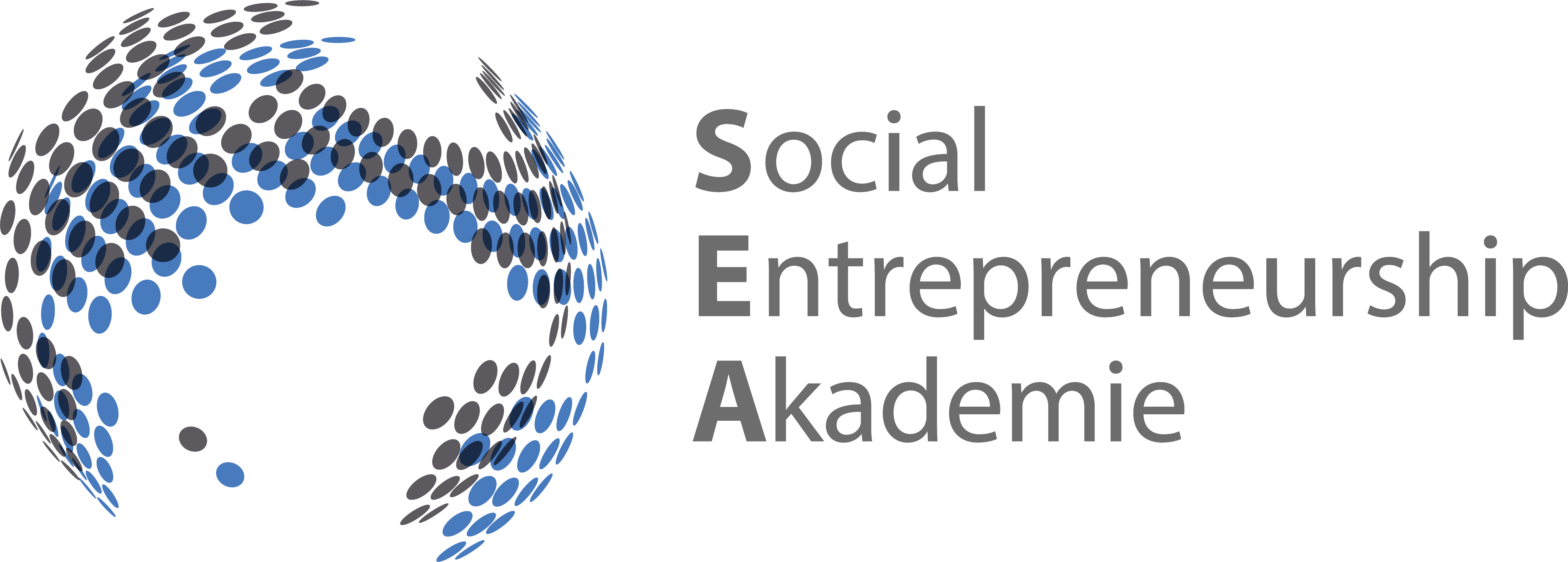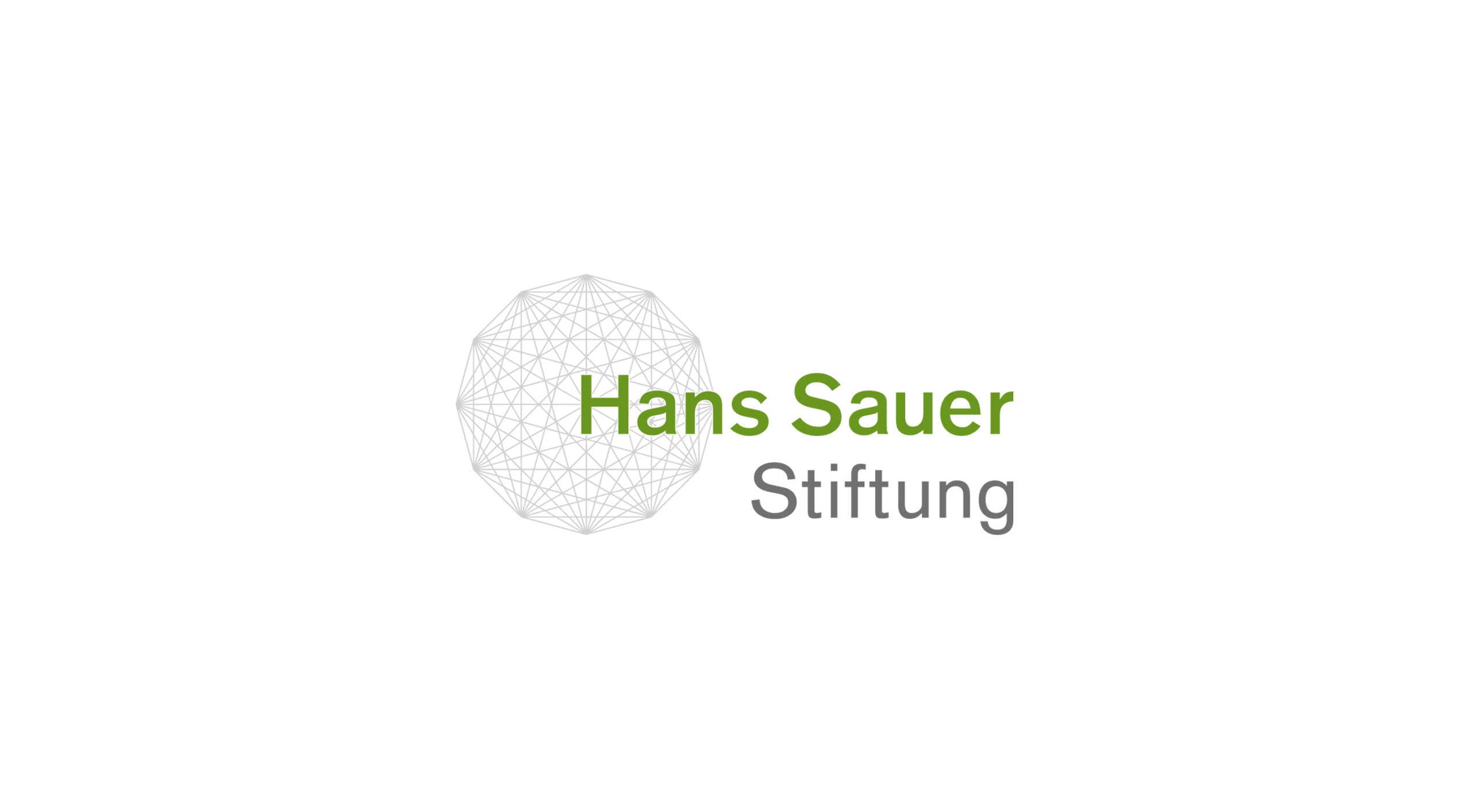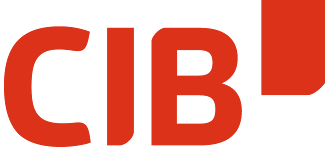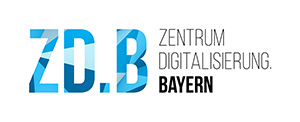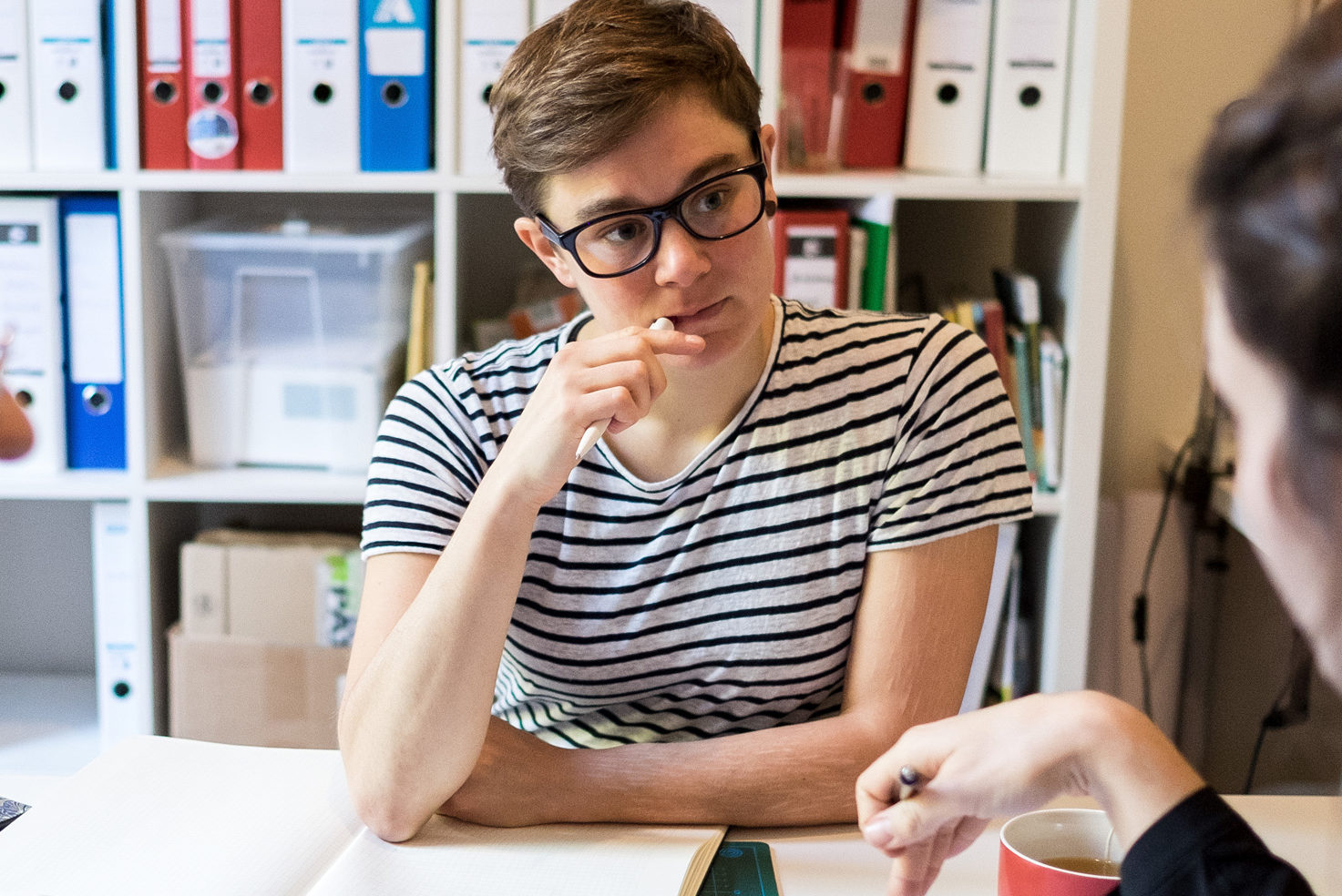
Klopf, klopf.
Der Klimawandel ist da. Er steht schon vor der Tür.
Extremtrockenheit, Wassermangel, steigende Meeresspiegel, Ernteausfälle. Sei es der Hitzesommer in München. Die Wasserknappheit in Kapstadt. Oder die extremen Regenfälle an der amerikanischen Ostküste.
Die Auswirkungen des Klimawandels sind im Hier und Jetzt spürbar. Gerade Städte sind dabei ein zentraler Ankerpunkt. Denn urbane Zentren tragen nicht nur maßgeblich zur Erderwärmung bei. Städte sind auch der Ort, an dem hoher Handlungsbedarf für Anpassungskonzepte besteht. Deswegen machen wir den ersten Hackathon zu Resilienten Städten.
Die Digitalisierung liefert uns neue Werkzeuge für resiliente Städte
Am 25. und 26. Januar 2019 veranstalteten wir den weltweit ersten Hackathon zum Thema „Resiliente Städte“, der Lösungen auf die Auswirkungen des Klimawandels entwickelte.
Zu den preisgekrönten Ideen gehörten Chatbots für Gebäudebegrünung, Straßen aus dem 3D-Drucker und ein Warnsystem für Dachlawinen. Die Digitalisierung ist häufig mit Ängsten und Skepsis besetzt. Technologien wie Künstliche Intelligenz, Robotik oder 3D-Druck können aber auch positiv genutzt werden. Ein ganzes Wochenende lang veranstaltete daher die Social Entrepreneurship Akademie (www.seakademie.org) in München den weltweit ersten Hackathon, bei dem technologische Lösungen für die Auswirkungen des Klimawandels entwickelt wurden. Herausforderungen wie zum Beispiel zunehmende Extremwetter, Wasserknappheit oder gesundheitliche Beeinträchtigungen sollten im städtischen Raum gelöst werden.
3D-gedruckte Straßen, Chatbots für Gebäudebegrünung und ein intelligentes Schneelawinenwarnsystem
Über die zwei Tage entwickelten 50 junge Menschen aus unterschiedlichen Disziplinen neue Lösungen. Das innovativste Projekt „Cool Streets“ ist ein neuer Straßenbelag aus recyceltem, durchlässigem Plastik, der bei starken Niederschlägen mehr Wasser aufnehmen kann als asphaltierte Straßen. Eine Moosschicht unter der 3D gedruckten Straßenschicht sorgt darüber hinaus für Abkühlung in heißen Sommermonaten. Der zweite Preis ging an das Team „Plant your City“, die künstliche Intelligenz für ein ansprechendes Chatbotsystem verwendeten, um Bürgerinnen und Bürger bei Gebäudebegrünung zu beraten.
Die Jury bestand aus: Barbara Lersch (Hans Sauer Stiftung), Maximilian Irlbeck (Zentrum Digitalisierung Bayern), Dr. Ursula
Triebswetter (Landeshauptstadt München), Ulrich Brandner (CIB Software), Anne Doerner (Social Entrepreneurship Akademie), Prof. Dr. Klaus Sailer (Strascheg Center for Entrepreneurship).
Coaches: Laura Janssen (Climate KIC), Konrad Schmid (CIB), Dr. Robert Jenke (Jenke Consulting), Jenny Gallen (Hans Sauer Stiftung), Vera Steinhauser (Hans Sauer Stiftung), Trevor McConnell (Strascheg Center for Entrepreneurship), Mine Leyla (Social Entrepreneurship Akademie), Dr. Sebastian Planck (Social Entrepreneurship Akademie).
Zusammen mit der Hans-Sauer-Stiftung, CIB und dem Zentrum Digitalisierung Bayern veranstalten wir den ersten Hackathon zum Thema „Resiliente Städte“.
